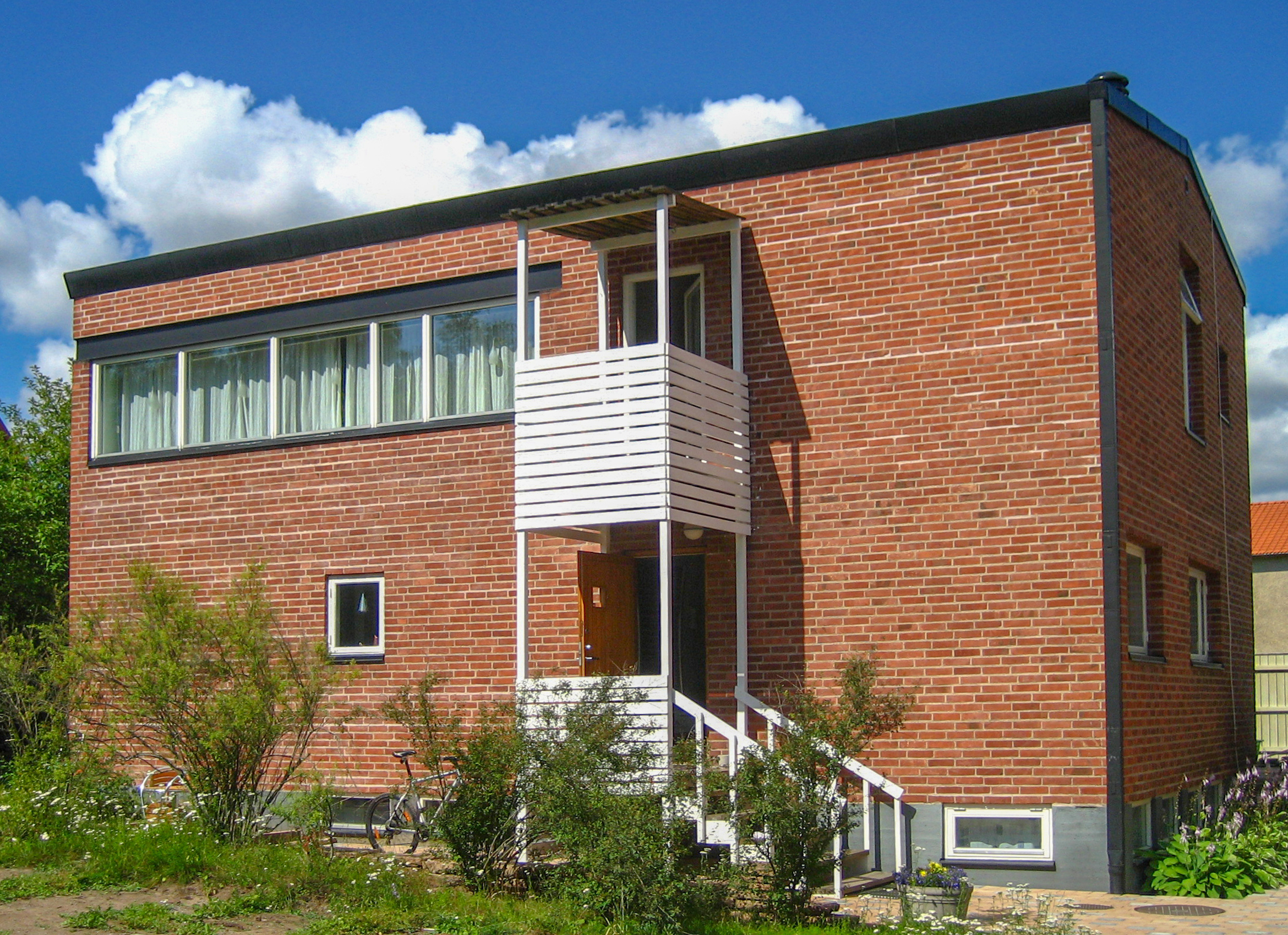|
Ford's Grand Opera House
Ford's Grand Opera House was a major music venue in Baltimore, Maryland, located on West Fayette Street between North Howard and Eutaw Streets. It was founded by theatre manager John T. Ford (also the owner of infamous Ford's Theatre in Washington, D.C. where President Abraham Lincoln was assassinated, April 14, 1865) and designed by architect James J. Gifford. The opera house/theatre opened to the public on October 2, 1871, with a show that included readings from Shakespeare's ''" As You Like It"'' as well as vocal and orchestral performances. Then owned by 1950s–60s era theatre magnate Morris A. Mechanic, it closed almost 93 years later with its last Broadway show from New York City, " Something Funny Happened on the Way to the Forum" in 1964. It was replaced three years later as the prime site for Baltimore live theatre patrons with the opening in the landmark of the new downtown redevelopment project of Charles Center, the starkly modernistic "Brutalist" architecture of th ... [...More Info...] [...Related Items...] OR: [Wikipedia] [Google] [Baidu] |
Music Venue
A music venue is any location used for a concert or musical performance. Music venues range in size and location, from a small coffeehouse for folk music shows, an outdoor bandshell or bandstand or a concert hall to an indoor sports stadium. Typically, different types of venues host different genres of music. Opera houses, bandshells, and concert halls host classical music performances, whereas public houses ("pubs"), nightclubs, and discothèques offer music in contemporary genres, such as rock, dance, country, and pop. Music venues may be either privately or publicly funded, and may charge for admission. An example of a publicly funded music venue is a bandstand in a municipal park; such outdoor venues typically do not charge for admission. A nightclub is a privately funded venue operated as a profit-making business; venues like these typically charge an entry fee to generate a profit. Music venues do not necessarily host live acts; disc jockeys at a discothèque or nigh ... [...More Info...] [...Related Items...] OR: [Wikipedia] [Google] [Baidu] |
Brutalist Architecture
Brutalist architecture is an architectural style that emerged during the 1950s in the United Kingdom, among the reconstruction projects of the post-war era. Brutalist buildings are characterised by minimalist constructions that showcase the bare building materials and structural elements over decorative design. The style commonly makes use of exposed, unpainted concrete or brick, angular geometric shapes and a predominantly monochrome colour palette; other materials, such as steel, timber, and glass, are also featured. Descending from the modernist movement, Brutalism is said to be a reaction against the nostalgia of architecture in the 1940s. Derived from the Swedish phrase ''nybrutalism,'' the term "New Brutalism" was first used by British architects Alison and Peter Smithson for their pioneering approach to design. The style was further popularised in a 1955 essay by architectural critic Reyner Banham, who also associated the movement with the French phrases '' béton ... [...More Info...] [...Related Items...] OR: [Wikipedia] [Google] [Baidu] |
Theatres Completed In 1871
Theatre or theater is a collaborative form of performing art that uses live performers, usually actors or actresses, to present the experience of a real or imagined event before a live audience in a specific place, often a stage. The performers may communicate this experience to the audience through combinations of gesture, speech, song, music, and dance. Elements of art, such as painted scenery and stagecraft such as lighting are used to enhance the physicality, presence and immediacy of the experience. The specific place of the performance is also named by the word "theatre" as derived from the Ancient Greek θέατρον (théatron, "a place for viewing"), itself from θεάομαι (theáomai, "to see", "to watch", "to observe"). Modern Western theatre comes, in large measure, from the theatre of ancient Greece, from which it borrows technical terminology, classification into genres, and many of its themes, stock characters, and plot elements. Theatre artist Patrice ... [...More Info...] [...Related Items...] OR: [Wikipedia] [Google] [Baidu] |
1964 Disestablishments In Maryland
Events January * January 1 – The Federation of Rhodesia and Nyasaland is dissolved. * January 5 - In the first meeting between leaders of the Roman Catholic and Orthodox churches since the fifteenth century, Pope Paul VI and Patriarch Athenagoras I of Constantinople meet in Jerusalem. * January 6 – A British firm, the Leyland Motors, Leyland Motor Corp., announces the sale of 450 buses to the Cuban government, challenging the United States blockade of Cuba. * January 9 – ''Martyrs' Day (Panama), Martyrs' Day'': Armed clashes between United States troops and Panamanian civilians in the Panama Canal Zone precipitate a major international crisis, resulting in the deaths of 21 Panamanians and 4 U.S. soldiers. * January 11 – United States Surgeon General Luther Terry reports that smoking may be hazardous to one's health (the first such statement from the U.S. government). * January 12 ** Zanzibar Revolution: The predominantly Arab government of Zanzibar is overthrown b ... [...More Info...] [...Related Items...] OR: [Wikipedia] [Google] [Baidu] |


